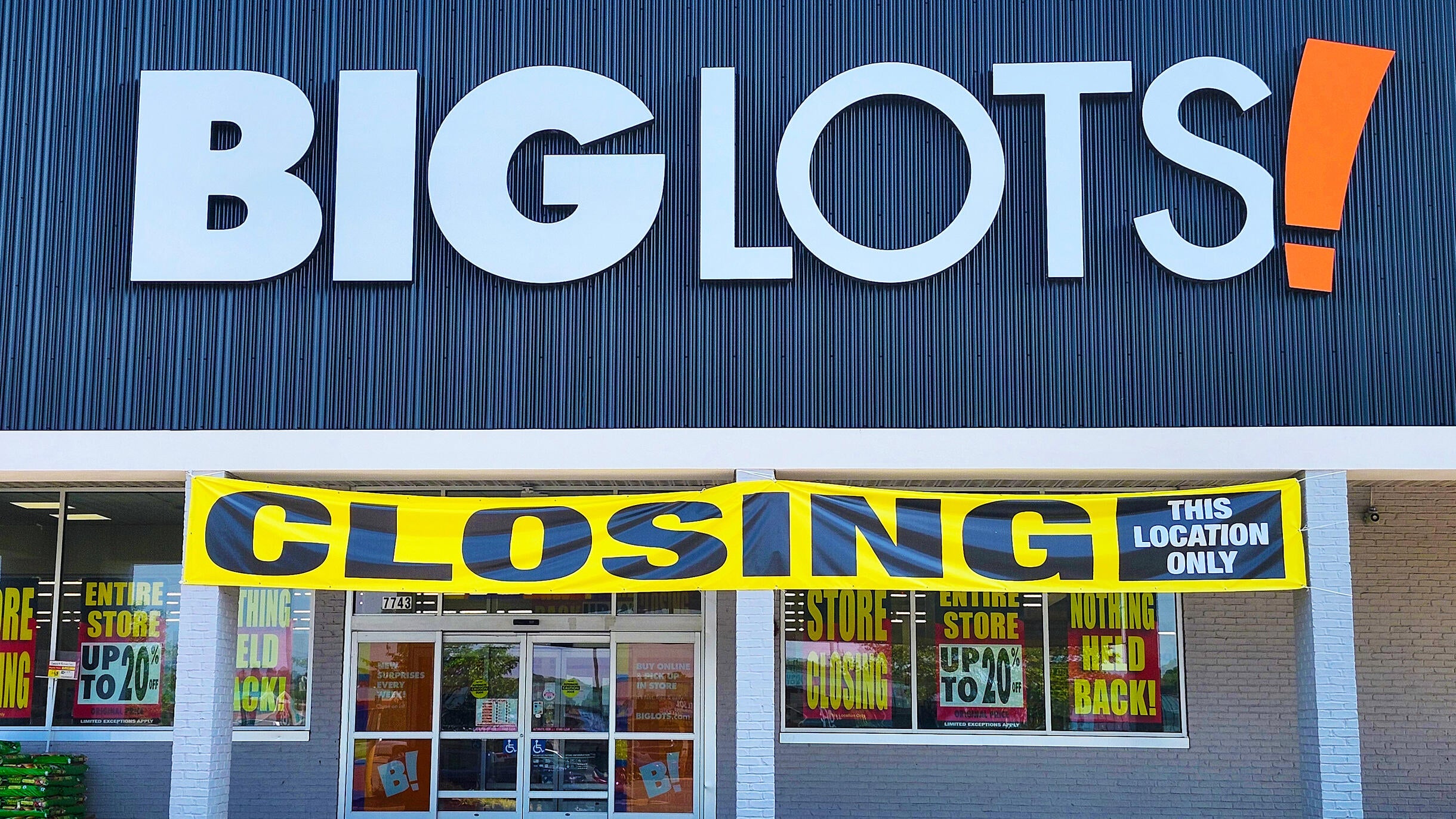There may still be another shoe or two to drop in 2024 before that Times Square ball does the same, but it won’t change much: This has been a rough year to sell home furnishings. Even if a retailer made it through these 12 months, chances are it wasn’t pretty. Some brands closed stores—dozens, maybe more—and many got bloodied in the process.
As the clock strikes midnight on the 31st, companies will reset for 2025. It may not be fabulous, but indications are that next year will probably be better than this one, and those who have managed to make the best of 2024 will be poised to reap the benefits. That will be the subject of this column next week, when I cover the year’s retail winners.
In the meantime, the list of victims over the past 12 months is longer than a CVS receipt. Some of these nameplates are still going through court proceedings, and even if they don’t make it out under their current guise, old retail brand names don’t die. They don’t even fade away anymore. There always seems to be someone out there willing to buy the brand from the clearance rack and resurrect it online—even if they all claim they are bringing back physical stores too. (If you buy that, I’ve got a bridge to sell you.)
Here’s our look at the retail brands that didn’t make it through 2024, at least in their original form.
The Casualties
Conn’s, the home specialty chain that also owned Badcock, filed for bankruptcy and is being liquidated in a process that is now winding down. This involved more than 500 stores—nothing to take lightly, either for the consumers or the suppliers who did business with it.
On May 21, award-winning nursery and children’s room designer Naomi Coe shares her insights on creating spaces that are not just kid-proof but kid-approved. Click here to learn more and remember, workshops are free for BOH Insiders.
Also gone from the retail scene are American Freight, Pirch and the U.S. branch of British retailer Oka. Rooms + Spaces, the Canadian startup that bought Bed Bath & Beyond’s locations north of the border has essentially closed all of them, though it seems to be selling some home goods out of its sister Toys R Us stores in two locations. And the folks who bought another BBB brand, BuyBuy Baby, have closed all of its stores while continuing to sell online.
There are others—including a lot of mom-and-pop regional players—but those were the highlights. Or should I say lowlights?
The Bankruptcies and Cutbacks
Other retailers look like they will remain in business, albeit with smaller footprints. Big Lots had about 1,400 stores, but after filing Chapter 11 and being bought by a private equity investor, it is winnowing that list down to about 1,000. Still sizable, but a huge cut. LL Flooring is going through a similar process on a smaller scale, cutting its 400-store fleet down to about 200 locations after being bought back by its founder and former owner. Looks like it will revert to its previous name, Lumber Liquidators.
Joann, the fabric and crafts retailer, also filed for bankruptcy but has come out of it without any meaningful store-count haircut, at least so far. Banana Republic’s foray into furniture has been dialed back—for the second time—and the company is now only selling soft home and decor merchandise. And then there’s The Container Store, which is under threat of stock market delisting—for the second time—amid rumors that it will be forced into bankruptcy. If that happens, it’s anyone’s guess what will happen to its fleet of stores.
Amid all of this, it should be noted that the home furnishings sector is far from alone in shutting down brands, closing stores, and generally dealing with chaos. Other business segments, including restaurants, drugstores, convenience stores, dollar stores and big chains like Macy’s are all stricken with assorted retail maladies—stressed by inflation, a roller-coaster stock market, changing consumer spending patterns, and in some cases, plain old rotten management.
If you’re tempted to reach for that New Year’s Eve libation a little earlier than planned, don’t fret: There were more than a few home furnishings retailers that had a pretty good 2024. Who are they? Check back next week to find out.
____________
Warren Shoulberg is the former editor in chief for several leading B2B publications. He has been a guest lecturer at the Columbia University Graduate School of Business; received honors from the International Furnishings and Design Association and the Fashion Institute of Technology; and been cited by The Wall Street Journal, The New York Times, The Washington Post, CNN and other media as a leading industry expert. His Retail Watch columns offer deep industry insights on major markets and product categories.





























